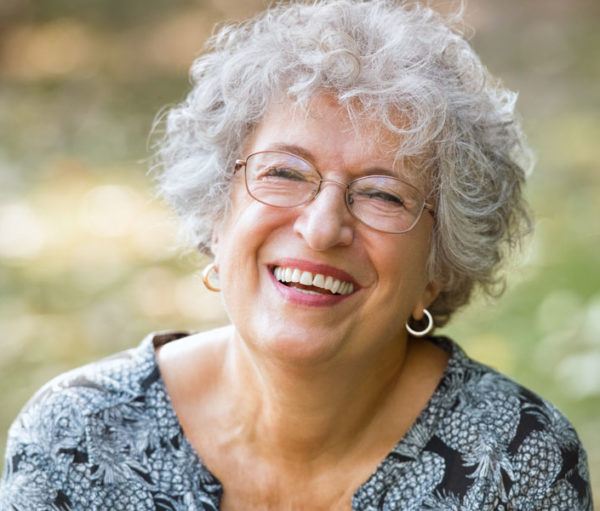Healthy Aging—What’s That?

September Is Healthy Aging Month. Many older adults may be saying to themselves, “Well, I guess that’s not for me, because I am already dealing with health challenges!”
But it’s important to overcome that attitude. “Healthy aging” and “successful aging” don’t mean that we make it to the age of 100 untouched by illness or disability. Instead, it means that we meet health challenges with resilience and resourcefulness and live life to the fullest, no matter what our condition.
Our attitude about aging makes all the difference.
Today seniors are questioning and rejecting some of the stereotypes about older adults. In her book This Chair Rocks: A Manifesto Against Ageism, author Ashton Applewhite points out that “ageism is the last acceptable American prejudice.” People who would never make a derogatory term about a person’s race or religion might nonetheless use insulting terms like “geezer” or “old fogy.” Even in jest, these words can pack a painful punch.
Sadly, seniors themselves may internalize those messages and develop negative thoughts about other older adults—and even themselves. And those thoughts can be self-fulfilling prophecies! If we think older adults are helpless and out of the mainstream, we might withdraw and slow down. Rather than taking care of our health and accessing the help we need to remain independent and connected, we might instead focus on “anti-aging” products that in fact only target our wallet.
So go ahead, check your attitude!
No matter what your age, improving your image of aging will raise the odds that the years to come will be rewarding and meaningful. If you’re an older adult, don’t compare yourself to younger people, or even other older adults. We all age differently. It’s not a contest. If you have arthritis, vision loss or other health challenges, don’t apologize for needing help. If we live long enough, almost all of us will need some assistance to remain independent and safe.
On the other hand, don’t chalk everything to “I’m just growing older.” Many health challenges are not “just a normal part of aging.” Talk to your doctor about any new aches and pains, vision problems or memory loss. So often something can be done. Being proactive and taking the best care of yourself—now that’s successful aging!
Is old age still in the future for you?
You should know that studies show young people with a negative view of older adults are less likely to be healthy and happy when they reach their senior years. No matter what our age, letting go of ageist attitudes is a very healthy move.
The information in this article is not intended to replace the advice of your healthcare provider. If you are experiencing feelings of depression or low self-esteem, talk to your doctor or a trained counselor.
Source: IlluminAge


